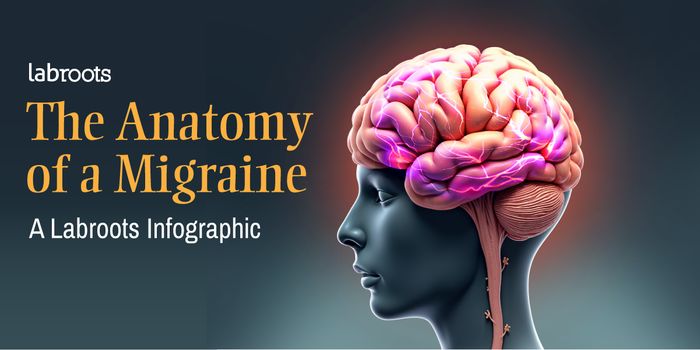Genes Linked to Suicide Are Not All Associated with Mental Disorders
This article will discuss suicide. If you need help with this topic, please call the National Suicide Prevention hotline at 1-800-273-TALK (8255). You can also text the Crisis Text Line at 741741 or at the Suicide Prevention Lifeline.
Genome-wide association studies can reveal links between small changes in the sequence of the human genome and the likelihood that a person will develop a disease. Researchers have now used this tool to assess the genomes of about 550,000 people, including about 30,000 people who had attempted suicide. The work identified genetic variants that are associated with an increased risk that an individual will attempt suicide. These variants are found on a region of chromosome 7. The findings have been reported in Biological Psychiatry.
While some of these genetic variants have also been connected to psychiatric disorders that are related to suicide, such as major depression, other variants have been linked to completely different things. Some suicide-associated variants overlapped with genetic factors that influence conditions like pain, sleep disturbances, poor health, smoking, and risky behaviors. The study authors suggested that the genetic influences on suicide attempts could be either related or unrelated to psychiatric disorders.
According to the World Health Organization, about 700,000 people commit suicide every year, and non-fatal suicide attempts are a major source of disability. Better insight into the biological basis of suicide could help clinicians treat or prevent the problem.
"This genetic overlap with non-psychiatric risk factors was largely unchanged by adjusting for psychiatric disorders, which suggests that a substantial component of the biological basis of suicide attempt is not simply a byproduct of comorbid psychiatric disease, but instead may be the result of shared biology with non-psychiatric risk factors," said lead study author Niamh Mullins, Ph.D., an assistant professor at the Icahn School of Medicine at Mount Sinai,.
These findings were confirmed when a similar approach was taken with genetic data from the Million Veterans Program, which included samples from 14,000 veterans who had attempted suicide.
This research demonstrates that any potential causal pathways involving suicide should be studied in people that have psychiatric illness, as well as those who do not, noted senior study author Douglas Ruderfer, Ph.D. an associate professor at Vanderbilt University Medical Center.
WHO notes that suicides are preventable. Some actions that can be taken include limiting a person's access to means of suicide. The most common methods include ingesting pesticides, hanging, and firearms. Following up with people who exhibit or are affected by suicidal behaviors is another way to prevent suicide or the attempt.
Sources: The Mount Sinai Hospital / Mount Sinai School of Medicine, Biological Psychiatry









